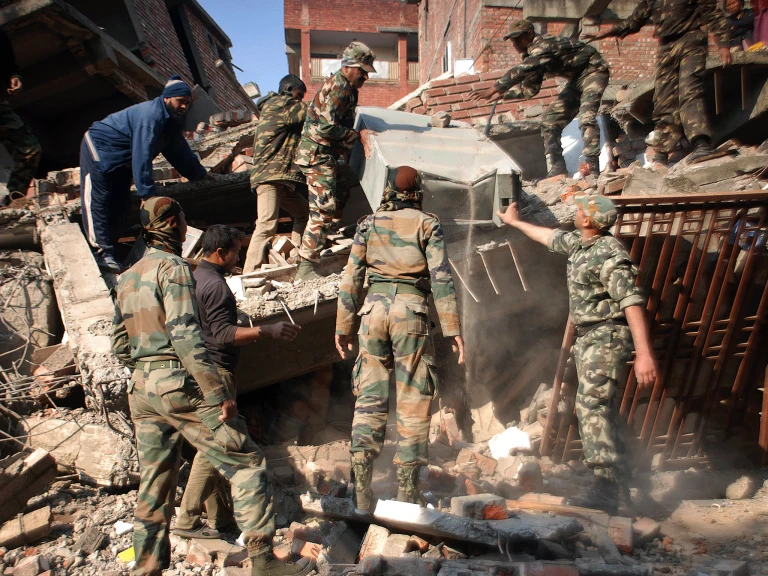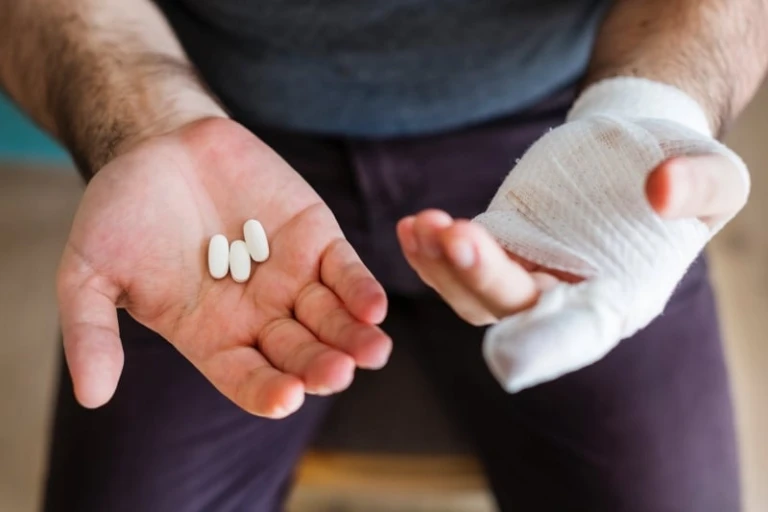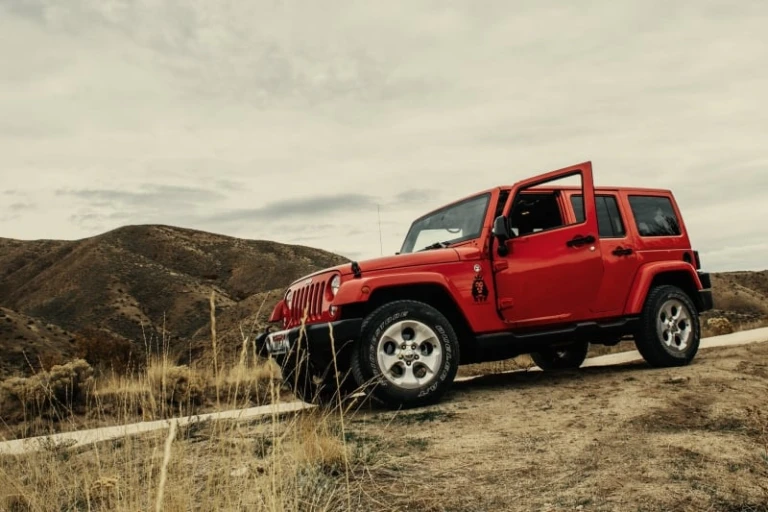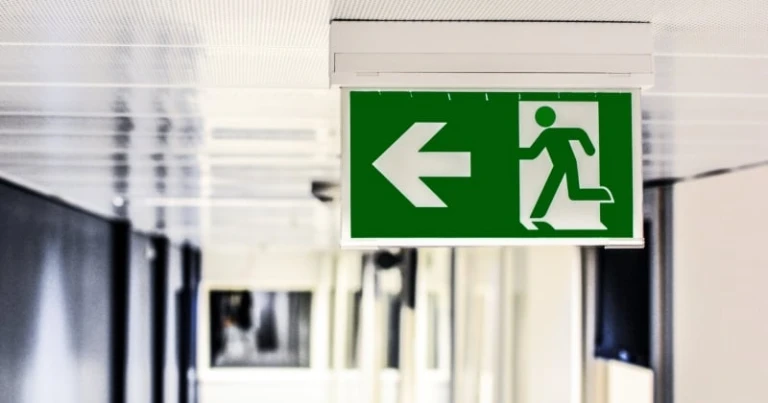How To Be Ready For an Earthquake

On 22 Apr 2019, a 6.1-magnitude earthquake hit Luzon and caused severe damages and casualties in parts of Pampanga and Bataan. The following day, a 6.5-magnitude earthquake struck Eastern Samar. In light of these recent calamities, it’s become even more urgent to know how to be ready for an earthquake and how to stay safe while we’re travelling.
Before travelling
Get travel insurance. We’ve emphasised this over and over again for a reason. Being in a foreign country makes a natural disaster 10 times more stressful than it already is. You’re away from your family and loved ones. Away from the comforts of your home. Unfamiliar with hospitals, evacuation sites, and safety protocols. The least you can do to spare the additional stress is to be prepared with travel insurance that will cover your emergency expenses.
Bring a first-aid kit. Even light packers should always have this. Aside from your basic vitamins and medicine, pack a handy emergency kit. This should include bandages, gauze, tweezers, painkillers, and safety pins, among many others.

Always have cash. In this mostly cashless era, it’s convenient to rely on our cards. Still, it’s always important to keep a reasonable amount of cash with you. When a natural disaster strikes, there’s a chance that ATMs won’t work.
Keep a soft copy of your travel documents on your phone. If you’re the type to keep your passport tucked safely in the depths your luggage, you’ll most likely forget to grab it when you need to run down the stairs from the 20th floor of your hotel. Now, what happens if you lose the luggage? It’s important to have a soft copy of all your travel documents on your phone. While the soft copy of your passport can’t replace the physical one, the embassy will have a less complicated time dealing with your situation.
Also Read: 5 Steps To Take When Losing Luggage After Landing
While travelling
If you’re inside a car, stay inside. Let the driver slowly move the car to an open space away from buildings, poles, or any structure that may fall down. Roll the car windows all the way down. This will allow you to avoid inhaling gasoline fumes and escape faster if the car locks get jammed. Protect yourself by curling up and covering your head with your arms. Finally, when the earthquake ends, keep your seatbelt on in case of aftershocks.

Upon arrival at your accommodation, identify safe places. To avoid panic while the earthquake is happening, immediately check for sturdy furniture you can crawl under. Also know the nearest route from your bedroom to the evacuation area. Remember, elevators are a safety hazard during an earthquake.

If you’re by the beach, immediately head for high ground. When earthquakes strike, tsunamis are to be expected. So, it’s important to run to high ground immediately. Do not wait any longer!
When you’re outside: Stay away from anything that could fall on you. Move away from buildings, trees, power lines, signs, etc.
When you’re inside: Drop, cover and hold. If an earthquake occurs and you’re in bed, protect your head with a pillow. After the earthquake, inspect if your surroundings are stable and damage-free.
Finally, after a natural disaster occurs, remember to contact your loved ones and let them know you’re alright. Have a safe trip!
Published at
About Author
Charmaine Acha
Subscribe our Newsletter
Get our weekly tips and travel news!
Related Posts
Latest Posts
Cinese Woman Blocks Train Door for Family Members and Gets Detained
As the train’s alarm blared and platform staff rushed in, the woman refused to move...
Pahalgam Terror Attack: 28 Tourists Killed in Kashmir
A deadly terrorist attack in Pahalgam, Kashmi. Find out which areas are restricted, what safety measures are in place, and where it's still safe to travel.
10 Best Tourist Attractions in the Philippines for Indians
Plan your next getaway with this guide to the 10 best tourist attractions in the Philippines that Indian travellers will absolutely fall in love with.
You don't Need FASTag anymore? Everything you need to know!
No more FASTag from May 1st?
Zanskar Valley Travel Guide - Everything You Need to Know
Looking to get lost? Zanskar Valley might be for you.

